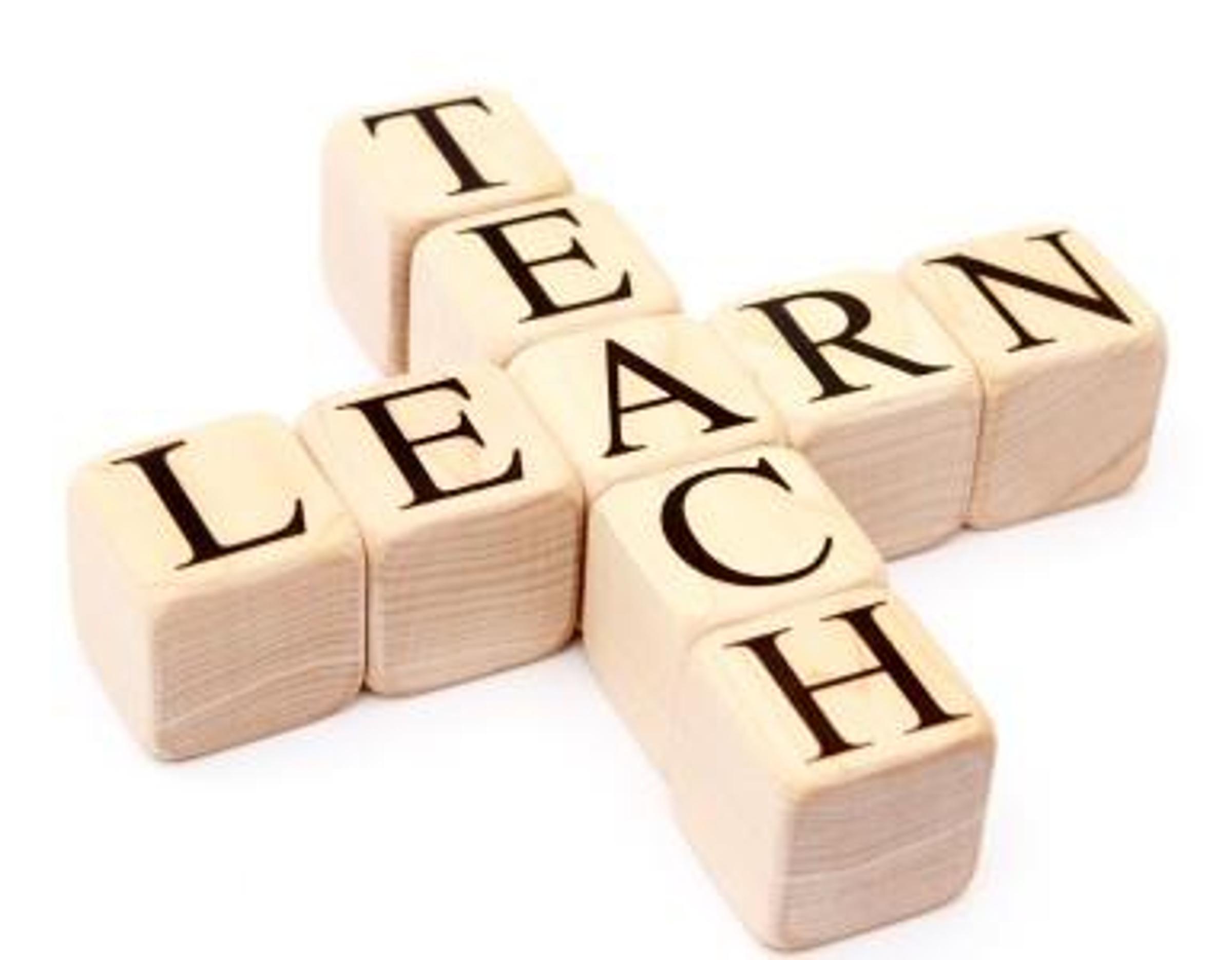Teaching & Learning

NAPLAN
Our students in Yr 3 and 5 will sit the NAPLAN assessments on May 15th, 16th and 17th. Although the students are busy preparing for these assessments, there are some things parents can be be doing at home that will help.
In the lead up to these assessments we will look at the best tips for parents to support their kids.
- Put the NAPLAN tests into perspective – they are one tool in a range of strategies used to assess your child’s progress and inform his/her learning needs.
- Read all information sent to you about the NAPLAN tests and your options.
- Try not to place too much emphasis on the testing. Treat the NAPLAN testing week as any other school week.
- Raise any issues you may have about the NAPLAN testing with your child’s teacher.
- Understand that the school utilises NAPLAN data to help plan personalised learning opportunities and identify trends to celebrate and attend to in the future.
- If your child is worried, reassure them and talk about strategies you used when in a similar situation.
What happens during a VCOP/ Big Write session?
This week is a Big Write week and students right across the school will be participating in BIG WRITE sessions on Thursday.
As a reminder, this is what it is all about.
Talk Homework: Talk homework is a prompt that is sent home in the week leading up to a Big Write. This is an opportunity for families to discuss the prompt and strategies for great writing. This is strictly a talking task and students are encouraged not to write the story or even notes.
Lively VCOP Session: This is a period of time leading up to the Big Write session where students play word games based around Vocabulary, Connectives, Openers and Punctuation. This session is about getting the brain ready to write.
Big Write Session: Depending on grade level students spend the following time writing:
As a guide:
- Foundation – As required.
- Year 1 and 2 up to 30 minutes
- Year 3 and 4 up to 45 minutes
- Year 5 and 6 up to 1hr
Classroom environments are set up to promote thinking. These include low lighting, candles and calm music.
During a Big Write session teachers spend time observing students writing habits, supporting students with strategies to get started and maintain writing stamina.
Half Year Reports
Every year we provide two written reports on students that reflect their academic and social development. These reports are sent home in June and December in paper form. As we have been moving towards a more digital and paperless approach to communication, the Compass portal presents an opportunity to make these reports digital rather than in paper form.
From June this year all reports will be sent home on the Compass portal for parents to view.
This has a number of benefits including:
- Reducing our environmental footprint – nearly 12000 pieces of paper are used in the preparation of reports each year at BPS.
- Student reports will build up on Compass over the years for parents to access at any time. No more losing reports.
We understand that some families do have trouble with internet connections, which will make accessing these reports hard. If you do require support in this manner please see your child’s teacher for alternative arrangements to be made.
Compass
Compass and Learning Tasks
One advantage of our Compass Portal is that we can make assessments available to parents in real time. This happens in the form of Learning Tasks.
On your Compass Portal click on the Learning Tasks Tab and you should see at least two tasks that teachers are reporting regularly on that are visible to parents and students.
Homework – This feedback is all about whether students are completing homework regularly. Students are assessed with a Not Attempted, Partially Completed, Completed or N/A.
Spelling Mastery – As part of the Spelling Mastery program students are assessed on their understanding of the skills taught. These assessments are placed against this Learning Task and are usually out of 25.
How to talk to your child about assessments:
Assessments are there as a guide to help us understand whether a student is picking up the knowledge and skills being taught. When discussing assessments with your child:
- Focus on the process rather than the outcome. Ie You have scored a …, what did you do that helped you in the lead up to and during the test?
- Focus on the learning from the assessment ie What have you learnt from doing this activity or what did you find easy/ challenging?
- Focus on setting a goal for next time ie what is something you could do next time that could help you improve?
- Reassure your child and talk about times you were in a similar situation and the strategies you used.
- If you or your child is worried encourage your child to talk to the teacher because I bet there will already be a plan in place to help.
All of these discussions are about developing a GROWTH mindset. Focusing on the process rather than the outcome is far more powerful in the long run.
iNewsletter Tip
Subscribe! On the front page under the school logo there is a 'subscribe button'. Subscribe to this and you receive the newsletter as soon as it is published.
